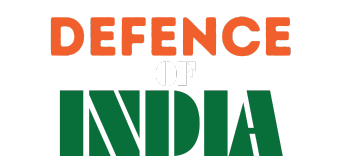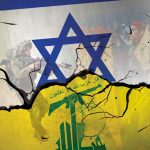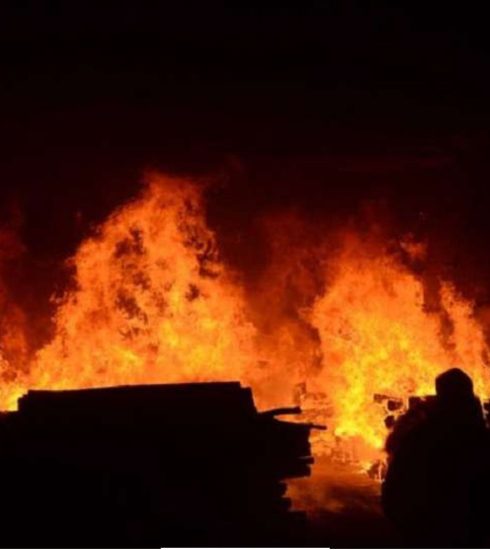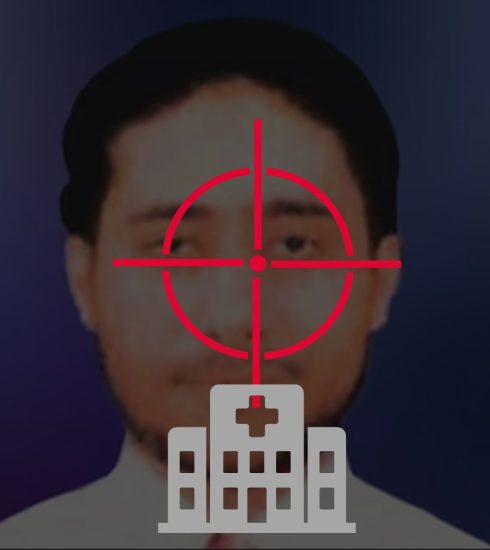Hezbollah’s Remaining Leaders: Targets in the Crosshairs
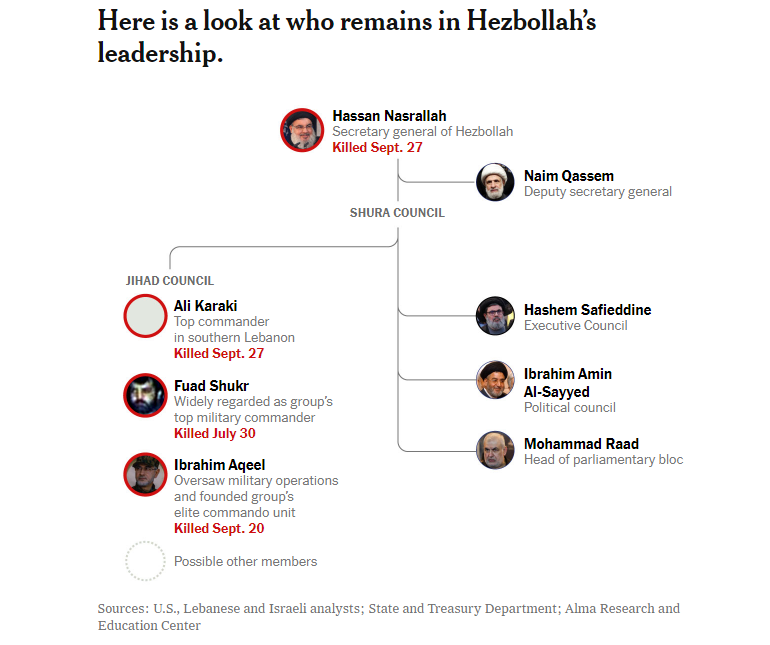
Following the death of Hassan Nasrallah on September 27, 2024, during an Israeli airstrike, Hezbollah’s leadership is now in a state of disarray. Israel’s relentless campaign to dismantle Hezbollah’s top command has left the militant group struggling to maintain its grip. With several key figures already eliminated, including Ali Karaki, Fuad Shukr, and Ibrahim Aqeel, the focus has now shifted to the few remaining members of Hezbollah’s leadership.
Naim Qassem: Deputy Secretary General
Naim Qassem, currently the deputy secretary-general of Hezbollah, has been a close ally and second-in-command to Nasrallah for many years. Known for his staunch loyalty and ideological consistency, Qassem has played a significant role in Hezbollah’s political and military decisions. His position in Hezbollah’s Shura Council makes him a high-value target for Israeli intelligence.
Qassem has been a vocal advocate for Hezbollah’s involvement in the Syrian Civil War, supporting the regime of Bashar al-Assad and helping to secure Iranian influence in the region. Should Israel continue its campaign, it is likely that Qassem will be one of the next individuals in their crosshairs. His removal would deal a severe blow to Hezbollah’s ability to maintain cohesion and authority.
Hashem Safieddine: Executive Council
Hashem Safieddine, head of Hezbollah’s Executive Council, oversees the group’s day-to-day activities and strategic decisions. Safieddine is also a cousin of Nasrallah, which has strengthened his influence within the organization. He is seen as one of the most likely successors to Nasrallah’s position as leader of Hezbollah.
Safieddine’s role involves managing the financial and logistical networks that allow Hezbollah to operate effectively, both in Lebanon and abroad. His connections to Iran’s Revolutionary Guard and his ability to manage Hezbollah’s finances make him a critical figure for the group’s continued operations. If Israel targets him next, Hezbollah would face immense difficulties in maintaining its financial and military networks.
Ibrahim Amin Al-Sayyed: Political Council
Ibrahim Amin Al-Sayyed is a member of Hezbollah’s Political Council, which manages the organization’s political activities, both within Lebanon and internationally. Although less involved in military operations than other leaders, Al-Sayyed is an important figure in shaping Hezbollah’s diplomatic strategies and maintaining its relationships with other political factions, particularly in Lebanon’s government.
Eliminating Al-Sayyed could create political instability for Hezbollah, as it would lose one of its key negotiators and political strategists. His death could also weaken Hezbollah’s influence in Lebanon’s parliament, where it has secured considerable power over the years.
Mohammad Raad: Head of Parliamentary Bloc
Mohammad Raad heads Hezbollah’s parliamentary bloc, making him one of the most politically visible members of the group. His role involves coordinating Hezbollah’s political activities within the Lebanese Parliament and acting as a spokesperson for the group’s policies. Raad has been instrumental in maintaining Hezbollah’s political legitimacy in Lebanon, despite its militant activities.
While Raad is primarily a political figure, his close ties to Hezbollah’s military command make him a potential target. Removing Raad could not only disrupt Hezbollah’s operations in Lebanon’s government but also send a strong signal that Israel is targeting all aspects of Hezbollah’s power structure, not just its military wing.
The Jihad Council’s Losses
Hezbollah’s Jihad Council, which oversees its military operations, has been hit hard in recent months. The deaths of Fuad Shukr (killed July 30, 2024), Ali Karaki (killed September 27, 2024), and Ibrahim Aqeel (killed September 20, 2024) have left the group’s military leadership decimated. Shukr, in particular, was a central figure in Hezbollah’s military strategy, and his death was a major blow to the organization.
The elimination of these top commanders has left a void in Hezbollah’s military decision-making processes. Without experienced military leaders, Hezbollah’s ability to coordinate large-scale operations against Israel has been severely weakened.
Israel’s Strategy: What’s Next?
With most of Hezbollah’s military leadership gone, Israel’s focus will likely turn to the remaining political and executive figures. These individuals, while not as directly involved in military operations, are essential for maintaining Hezbollah’s operations and strategic planning.
By systematically targeting Hezbollah’s leadership, Israel aims to cripple the group from within, preventing it from launching future attacks and weakening its grip on Lebanon. Whether Israel will continue its campaign or shift its focus to Hezbollah’s political infrastructure remains to be seen, but the organization is undoubtedly reeling from the loss of so many high-profile figures.
Conclusion
Hezbollah’s leadership is in a precarious position. With the elimination of its top military commanders and the death of Hassan Nasrallah, the group faces an uncertain future. The remaining leaders, including Naim Qassem, Hashem Safieddine, and Mohammad Raad, are now the likely targets of Israel’s ongoing efforts to dismantle the organization. The coming months will be crucial for Hezbollah’s survival, as it grapples with the loss of its leadership and Israel’s continued military pressure.
